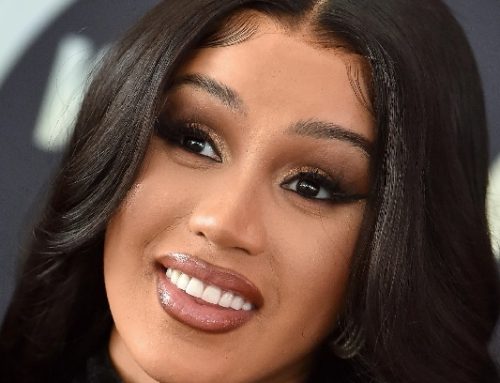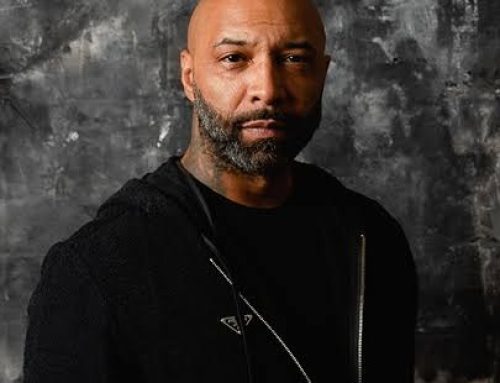Nicki Minaj will face some uncomfortable days ahead as the music superstar is headed to trial in California for allegedly infringing Tracy Chapman’s “Baby Can I Hold You” for a remade work entitled “Sorry,” featuring Nas. But for today at least, Minaj can breath a sigh of relief after having prevailed upon a judge on the importance of creative experimentation. On Wednesday, U.S. District Court Judge Virginia Phillips reviewed summary judgment papers from both sides and came to the conclusion that the creation of Minaj’s “Sorry,” if not the later distribution, was fair use of copyright.
In deciding this, Judge Phillips rejects Chapman’s argument that Minaj should have first gotten a license and had a purely commercial purpose when creating “Sorry” because the hip-hop star knew copyright clearance was necessary. Additionally, the judge makes the fair use calculation without regard to later unsuccessful clearance efforts as well as the controversial leak of “Sorry.”
“Chapman has requested samples of proposed works before approving licensing requests herself because she wanted ‘to see how [her work] will be used’ before approving the license, yet Chapman argues against the very practice she maintains,” writes Phillips. “A ruling uprooting these common practices would limit creativity and stifle innovation within the music industry. This is contrary to Copyright Law’s primary goal of promoting the arts for the public good.”
Although the judge doesn’t mention the phrase, Minaj’s victory here is one for “intermediate copying” inside the field of songcraft. Throughout the years, courts have looked at instances where a copyrighted work is reproduced as an interim step in the creation of a new copyrighted work and deemed everything from quality assurance to the need for compatibility to serve a higher purpose. So too now is the act of getting in the studio to play around. Phillips also sees no market harm from Minaj’s activity.
That said, there’s still plenty to sort out in this case. And Minaj still faces some odds in ultimately prevailing.
As the judge lays out, it’s undisputed Minaj and Nas experimented in the studio in 2017 and knew they would need a license to have “Sorry” on an album. Chapman denied repeated requests to give a license. On Aug. 3, 2018, Minaj reached out to DJ Funkmaster Flex to tease a record she wished him to premiere on his New York radio show. A week later, she followed up with him and asked, “You got me tonight? The song is me and Nas. Send your number.” The next day, “Sorry” was played on the radio and promoted on social media.
That sounds pretty damning how Minaj is responsible for the leak, but then again, the judge finds factual disputes concerning when DJ Flex received the work, who exactly gave it to him, and whether it was a mastered version. When the trial takes place, Minaj may have to face down some conflicting testimony in depositions how she had a change of heart after approaching DJ Flex. But that’s a future headache as she’s accomplished the intermediate task of avoiding a pretrial loss.
This story was originally published in The Hollywood Reporter.






